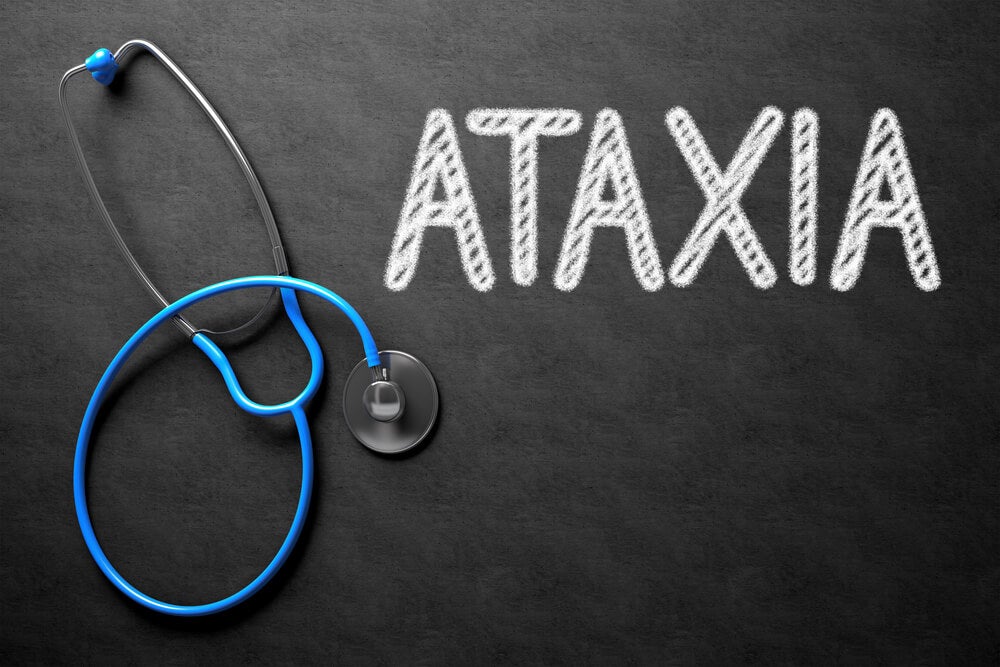Many agents can condition our health and therefore our quality of life. Did you ever think the movement might also be affected?There is a very characteristic clinical symptom in this regard: ataxia.
Ataxia is a movement disorder in which there are failures of coordination, posture and voluntary control, among other observed deficits.
- We are talking about a state of health that consists of a lack of muscle control to perform the movements.
- This can happen for several reasons.
- Then we’ll talk about what it is.
- What causes it.
- Its diagnosis and its treatment.
The word ataxia comes from ancient Greek and means “no order”. It is a change in the coordination of all kinds of movements and in the absence of paralysis. Ataxia can affect the passage, trunk, limbs or any combination of these. it is possible to highlight the following symptoms:
Ataxia can occur in another disease, such as multiple sclerosis, or it can develop in isolation, although this does not occur often.
It should be noted that ataxia is not unique to adulthood, in fact, some epidemiological studies suggested by Salman (2007) in the journal The Cerebellum estimate a prevalence of cerebellar ataxia in 26 / 100,000 children in Europe.
The origins of ataxia can be numerous, since as mentioned above, it is not a disease, but a clinical symptom, these are some of the possible causes:
As you can see, there are several types of ataxia; there is still no cure, but treatments that help the person feel better in the context in which they find themselves.
There are several tests to help diagnose ataxia
Below are some of the tests that are carried out to evaluate the possibility of ataxia, the administration of which facilitates evaluation by the professional, trained to interpret the results offered by the tests.
Treatments for ataxia are limited and not specific to this pathology, however, there are treatments that may be aimed at the cause, such as tumors or stroke, so treatments are usually more oriented to rehabilitation, which will make it easier for the person to adapt to their environment.
In addition, psychological intervention is important to achieve a fundamental goal: for the patient to understand what is going on and learn to manage the emotions and thoughts that arise around their condition, we are talking about an intervention that also needs to be attended to so that caregivers know what to do.

